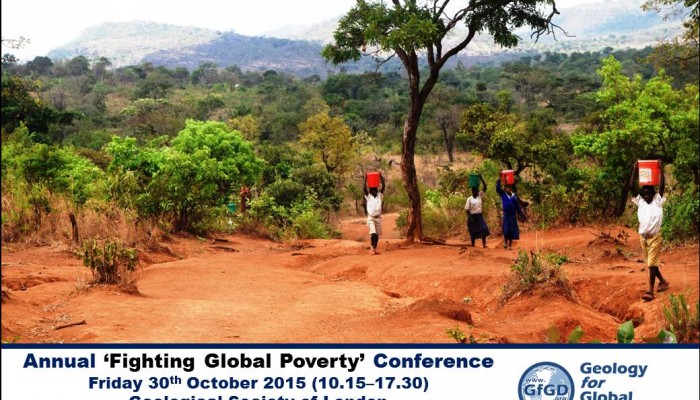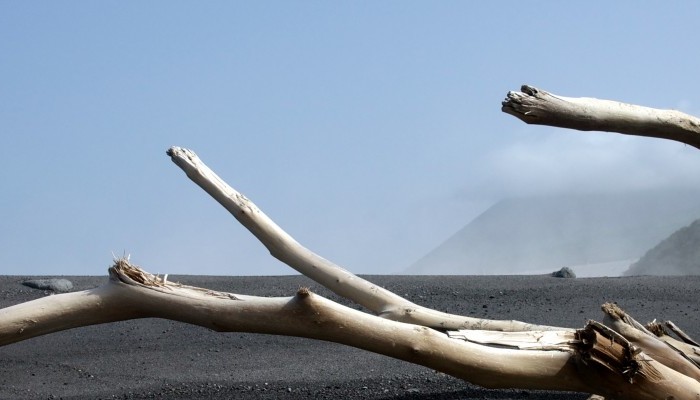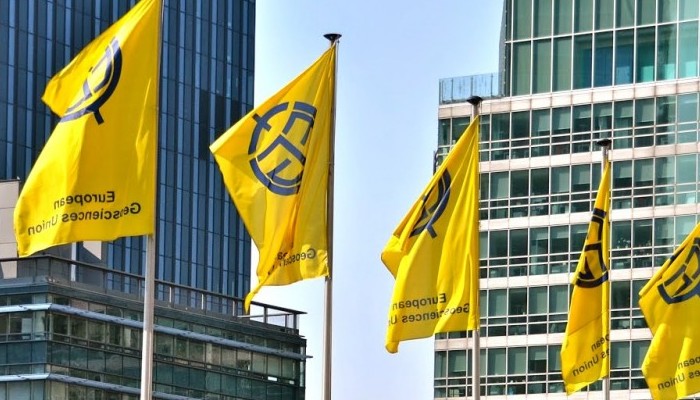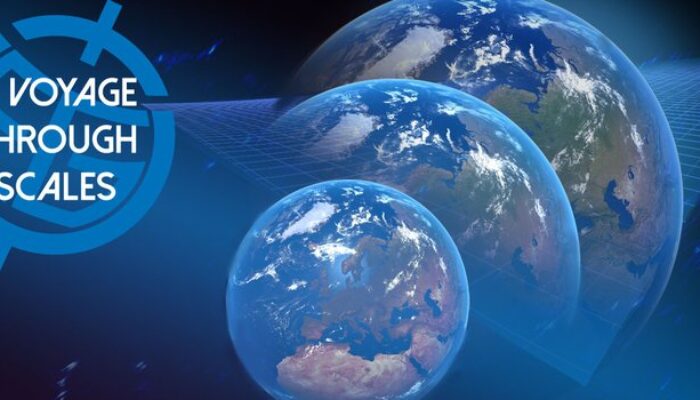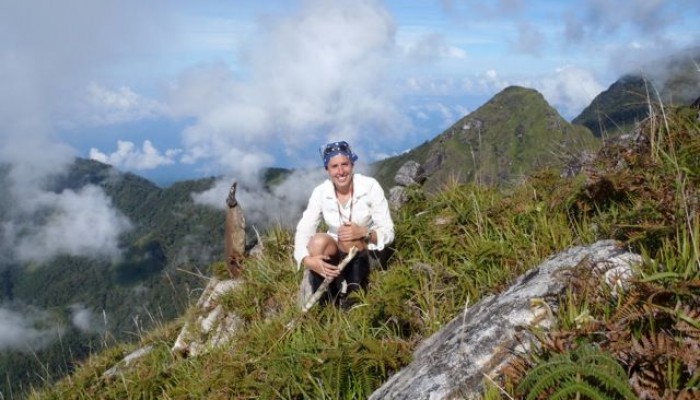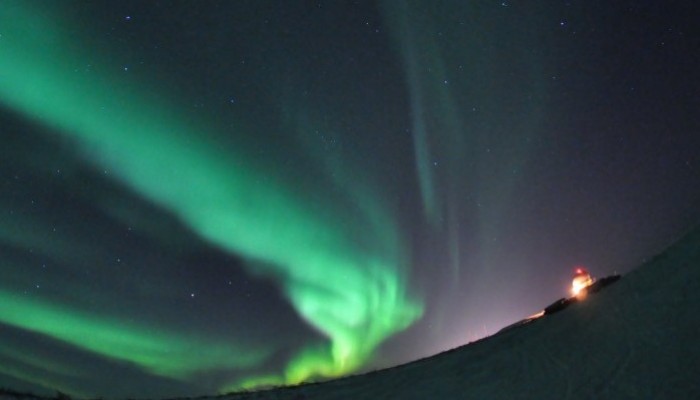EGU by numbers In April, the EGU returned to Vienna for their annual Congress meeting. Over 11,837 scientists from 108 countries descended in the Vienna International Centre for the six-day conference. Delegates enjoyed over 4,870 oral presentations, 8,489 posters, and 705 PICO presentations. That’s a lot of science! Science and ice cream for everyone! As always, the EGU were excellen ...[Read More]
If you didn't find what you was looking for try searching again.
Geology for Global Development
GfGD Annual Conference 2015 (1) – Conference Theme
In September the ‘Sustainable Development Goals’ will be agreed – an ambitious set of targets, building on the Millennium Development Goals. These goals and associated work plans will set out how the world will work to promote poverty eradication, change unsustainable consumption patterns and facilitate sustained and inclusive economic growth, social development and environmental ...[Read More]
Geology for Global Development
EGU15 Feature: Equipping to Educate, Educating for Empowerment
Education empowers communities and enables effective accountability between individuals, scientists, government, business and the charity sector. Geo-education is no exception, and while natural hazards education is only one area of this, it demonstrates well the importance of knowledge exchange. In this first blog, from the EGU Press Office, I explore this theme further, reflecting on the role of ...[Read More]
Energy, Resources and the Environment
What to see at EGU?: Young Scientist events
Within a week the EGU General Assembly will kick off! This year the topic will be A Voyage Through Scales. For those that will attend for the first time, the scale of EGU itself may be impressive enough already. So how do you decide where to go? Here we hope to point you to a few interesting sessions, in case you get completely lost. To start with, there are a number of interesting events for Youn ...[Read More]
Geomorphology
EGU events 2015
EGU is coming close and Lucy Clarke arranged some information on upcoming event and sessions interesting for Geomorphologists. Award lectures: There are a number of Award lectures not to be missed out on at EGU2015: The Arthur Holmes Medal lecture will be given by Carlo Laj on “Our Magnetic Planet”, Heather Viles is giving the Ralph Alger Bagnold Medal Lecture on “Boulders, biology and buildings: ...[Read More]
GeoLog
Imaggeo on Mondays: Pyroclastic flow, Montserrat
Below the warm and tranquil waters of the Caribbean, some 480 km away from Puerto Rico, the North America Plate is being subducted under the Caribbean Plate. This has led to the formation of the Lesser Antilles volcanic arc; the result of the formation of reservoirs of magma as fluids from the down going North America Plate are mixed with the rocks of the overlying Caribbean Plate. The continued m ...[Read More]
GeoLog
Science Policy Fellowship at the EGU – open for applications!
Do you have an interest in science policy and the geosciences? Then this fellowship might be just right for you! EGU fellowships offer early career researchers the opportunity to gain experience in science management and communication in a large scientific union through a targeted assignment at the EGU Executive Office in Munich, Germany. Fellows are strategically deployed to develop new initiativ ...[Read More]
GeoLog
Registration for the EGU 2015 General Assembly is open!
The EGU General Assembly brings together geoscientists from all over the world to one meeting that covers all disciplines of the Earth, planetary and space sciences. Following from last year’s success, the EGU General Assembly will have a theme: A Voyage Through Scales. The theme is an invitation to contemplate Earth’s extraordinary variability extending from milliseconds to its age and from micro ...[Read More]
GeoLog
GeoTalk: Stacia Gordon
Geotalk is a regular feature highlighting early career researchers and their work. Following the EGU General Assembly, we spoke to Stacia Gordon, the winner of the Tectonics and Structural Geology Division Outstanding Young Scientist Award, 2014. First, could you introduce yourself and tell us a little more about your career path so far? My name is Stacia Gordon. I am an Assistant Professor at the ...[Read More]
GeoLog
When Astronomy Gets Closer to Home: Why space weather outreach is important and how to give it impact
When the public think about natural hazards, space weather is not the first thing to come to mind. Yet, though uncommon, extreme space weather events can have an economic impact similar to that of large floods or earthquakes. Although there have been efforts across various sectors of society to communicate this topic, many people are still quite confused about it, having only a limited understandi ...[Read More]

